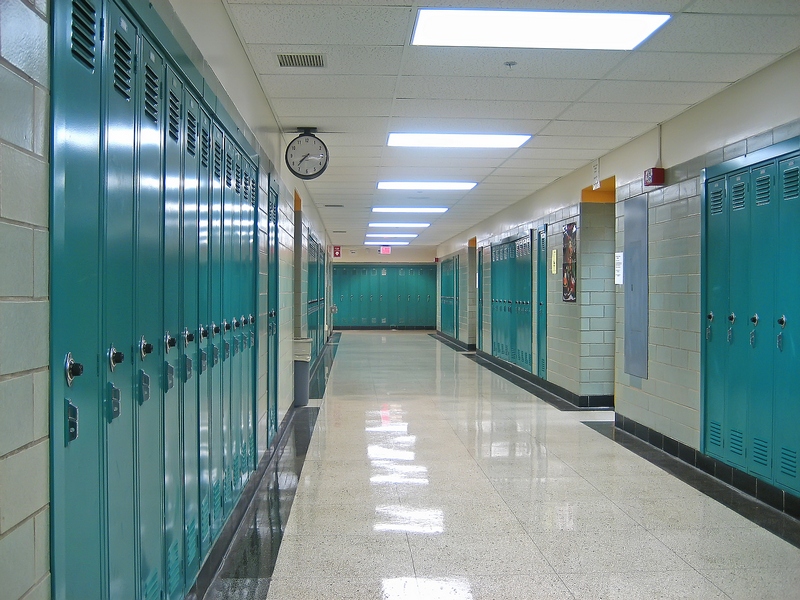There are no two ways about it: suing a public school in Georgia is extremely difficult. The reason is because public schools are protected by sovereign immunity and their employees are protected by official immunity. Simply put, sovereign immunity means schools can’t be sued and official immunity means school employees can’t be sued. There are some exceptions to sovereign and official immunity, but few cases fall within those exceptions.
Sovereign Immunity
Since 1784, Georgia has recognized the sovereign immunity doctrine, which protects the State of Georgia, its schools, and other departments (like counties) from being sued unless the department agrees to be sued. Yes, you read that right—the State of Georgia, its schools, and other departments can only be sued if agree to be sued. Sounds crazy, right? Well, some think it is. One justification for sovereign immunity is that it protects public funds—that is because when the State or one of its subdivision have to pay a lawsuit, it must necessary pay using public money since that is all the State has.
In terms of schools, each county in the State of Georgia has a school district, which is a legal entity itself. School districts are run by their respective boards of education. The Supreme Court of Georgia has ruled that local board of educations, and thus school districts, may not be sued.
There are some exceptions, though. Maybe the most important and useful exception is that if a school takes out insurance for certain acts, then the school can be sued for those acts if someone is injured as a result. For example, if a school has an insurance policy that provides insurance coverage if a student is injured while on a bus, the school negligently hires a teacher who then sexually assaults a student, or if a student is injured by a falling tree, then if a student is sexually assaulted by a negligently hired teacher, the student is allowed to file a lawsuit.
Official Immunity
Official immunity prevents public officials from being sued for things they did while working as a public official. The reason for official immunity was explained best by the Georgia Supreme Court:
The basis of the immunity has been not so much a desire to protect an erring officer as it has been a recognition of the need of preserving independence of action without deterrence or intimidation by the fear of personal liability and vexatious suits. This, together with the manifest unfairness of placing any person in a position in which he is required to exercise his judgment and at the same time is held responsible according to the judgment of others, who may have no experience in the area and may be much less qualified than he to pass judgment in a discerning fashion or who may now be acting largely on the basis of hindsight, has led to a general rule that tort liability should not be imposed for conduct of a type for which the imposition of liability would substantially impair the effective performance of a discretionary function.
Gilbert v. Richardson, 264 Ga. 744, 750 (1994).
There are some exceptions to official immunity too. The most important exception is that you may sue a school official for failing to or negligently doing a ministerial act that causes injuries or damages. A ministerial act is something “that is simple, absolute, and definite, arising under conditions admitted or proved to exist, and requiring merely the execution of a specific duty.” Murphy v. Bajjani, 282 Ga. 197, 199 (2007). In other words, when there is a specific and clear rule in place that should be followed, following or not following the rule is a ministerial act. Ministerial acts do not involve a person using their discretion or thinking about what they should do.
Ministerial acts are the opposite of discretionary acts, which require an official to use their own thinking and judgment to make a decision. When a school official causes another injury while performing a discretionary act, the official cannot be sued. When deciding whether an act is ministerial or discretionary, courts generally tend to err on the side of finding that an act as discretionary.
Schools should be a safe place for all children. If your child has been injured at school, contact us to find out if you can successfully bring a lawsuit.


